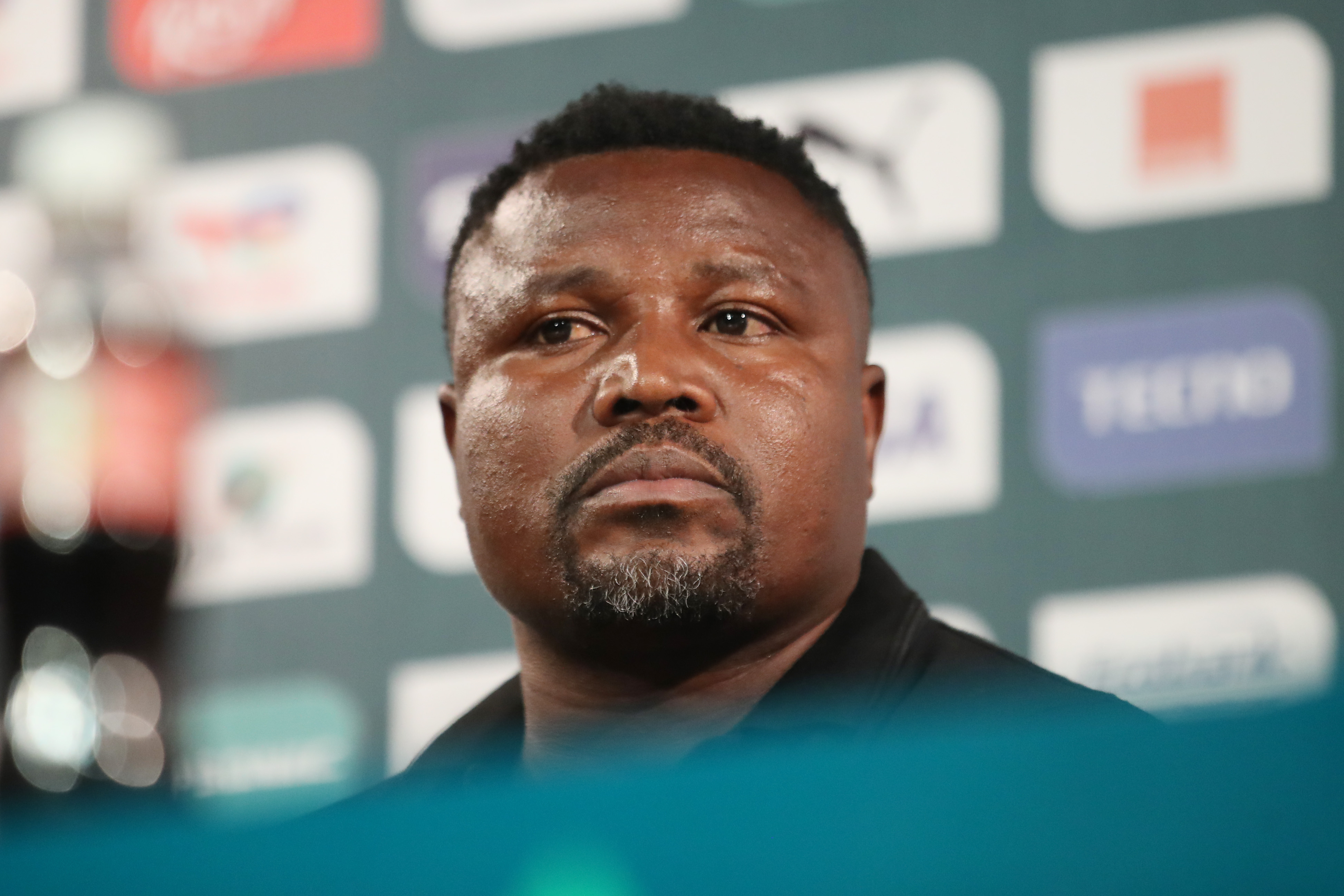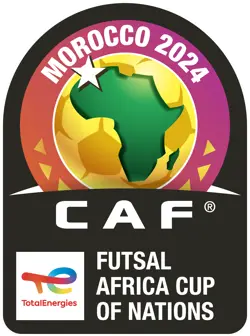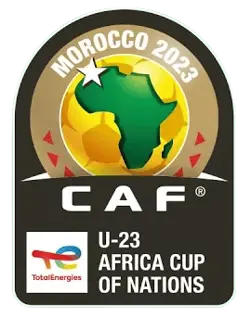Christopher Katongo: “AFCON teaches you that no team in Africa should ever be underestimated”

Few moments in African football history shine brighter than Zambia’s 2012 TotalEnergies CAF Africa Cup of Nations triumph. At the heart of that unforgettable journey was Christopher Katongo, the inspirational captain who led Chipolopolo to continental glory in Libreville.
Over a decade later, Katongo remains one of Africa’s most respected football icons as a result of his heroics both at club and national team level.
As the continent looks ahead to the TotalEnergies CAF Africa Cup of Nations Morocco 2025, Katongo sat down with CAFOnline to reflect on his AFCON experiences, his insights into the tournament’s evolution, and what makes African football so unique and special.

Winning AFCON in 2012 was a landmark moment for Zambia. How did the tournament experience itself shape your outlook on African football?
Winning AFCON in 2012 changed everything — not just for me, but for our entire country and for how people viewed African football. That tournament taught us that there are no small teams in Africa. Every nation that qualifies deserves respect. The experience showed me that determination, unity, and belief can take you all the way, no matter where you come from. AFCON truly celebrates the depth and spirit of African football.
What do you think makes AFCON uniquely challenging compared to other international tournaments?
AFCON is special because it reflects the rich cultures of our continent. Every edition has its own identity — from the fans to the rhythm of the matches. It’s not just about football; it’s about pride, history, and representing your people. The level of competition keeps growing because African football is constantly improving, and that makes every tournament a fresh challenge.

How did the 2012 AFCON victory influence the development of football in Zambia?
That victory inspired a whole generation. It showed that any team capable of qualifying for AFCON can dream of winning it. In Zambia, young players began to believe they could make it to the top. The motivation to represent the national team grew stronger, and across Africa, smaller nations started to approach the tournament with more confidence and ambition.
From your experience, how has the quality and intensity of AFCON matches changed since your playing days?
The level has definitely gone up. Players now come better prepared — physically, mentally, and tactically. The eagerness of players from across the world wanting to represent their national teams have make AFCON competitive.

What do you think has been the biggest growth driver for AFCON in recent years?
Exposure. AFCON has become a global showcase for African talent. The tournament gives players a platform to show their abilities to the world, and many have gone on to great success afterward. That global attention continues to raise the standard of the game.
What do you make of Southern Africa’s chances at AFCON?
Southern African teams have improved a lot in recent years. The gap between regions is closing, and every team that qualifies has a chance. If they stay disciplined and believe in their style of play, there’s no reason they can’t go all the way again — just like we did in 2012.

How have you seen fan engagement and the overall atmosphere at AFCON evolve since you played?
The atmosphere keeps getting better with every edition. The fans bring unmatched energy, and the passion is on another level now. You can feel that excitement from the stands and even online — people are more involved than ever before. It’s all part of what makes AFCON such a beautiful experience. The social media space has also extended the African football conversations to the world.
What lessons from your AFCON campaigns do you think current players should learn to succeed in the tournament?
Teamwork and hard work are everything. You have to train together, fight for one another, and stay united no matter what. Talent alone isn’t enough — it’s the team spirit that wins tournaments. That’s the lesson from our 2012 journey.

What do you believe the future holds for AFCON in terms of global recognition and competitiveness?
AFCON is already one of the biggest tournaments in the world. The whole world knows about it now, and every year it grows stronger. The quality of football, the organization, and the global audience all continue to improve. It’s our biggest trophy as Africans, and we should be proud of it.
Looking ahead to AFCON 2025, what does the tournament mean to you personally, and what are your hopes for its continued growth?
AFCON 2025 will be another exciting chapter for African football. I’m looking forward to seeing fair play, unity, and great football. My hope is that the tournament continues to bring Africa together — showcasing our talent, our culture, and our passion for the game















